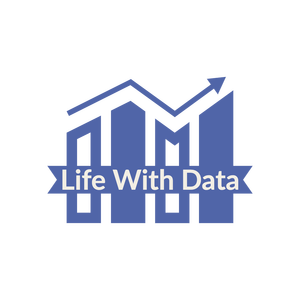DeepMind Surges on, Releasing Acme and Reverb RL Libraries
- #machine-learning
- #software
The Gist🔗
Deepmind, now wholly an Alphabeta subsidiary, is an innovating software company focusing on Artificial Intelligence. You likely know of them due to their accomplishments in training AlphaGo and then AlphaGoZero. The AlphaGoZero reinforcement learning agent learned largely from scratch to become the Go world champion.
Despite this and other radical successes, the company's academic achievements have been faced with frustrations, due to a lack of reproducibility. The ability to independently reproduce academic works is the lifeblood for validation and further collaboration. Thus, it is crucial to provide, especially in a world of increasing divide between the compute-rich and everyone else.
DeepMind understands. They have gotten into a groove in recent years, consistently releasing modular software libraries to aid fellow researchers. These libraries have served numerous purposes, including the following:
- Reproducibility
- Simplicity
- Modularity
- Parallelization
- Efficiency
With the release of their Acme and Reverb libraries, this trend continues nicely. In fact, the authors of the library explicitly call out the high-level goals of Acme on their website:
1. To enable the reproducibility of our methods and results --- this will help clarify what makes an RL problem hard or easy, something that is seldom apparent.
2. To simplify the way we (and the community at large) design new algorithms --- we want that next RL agent to be easier for everyone to write!
3. To enhance the readability of RL agents --- there should be no hidden surprises when transitioning from a paper to code.
DeepMind Acme Authors
Ok, But How?🔗
One of the ways in which they achieve these goals is through appropriate levels of abstraction. The field of reinforcement learning is like an onion, in that its best used in terms of its layers. At face value, you have an agent that learns from data. Peeling back the data part, you see that this data is either a stored data set or a live sequence of experiences. Peeling back the agent, you see that it plans and takes actions, resulting in a measured response from its environment. You can again peel back more, and delve into policies, experience, replay, etc. The illustration below shows this nicely.

Another way in which Acme achieves its goals is via a scalable data storage mechanism, implemented as the companion Reverb library. To motivate this, consider the typical experience replay buffer for an agent. How big does that buffer get? Usually, it's on the order of at least tens to hundreds of thousands of experience tuples, and that's per-agent. When working on a simulation involving thousands to millions of agents, you get....a lot.
By de-coupling, the notions of data producers (agents) and data consumers (learners), an efficient data storage mechanism can sit independently between the two. This is exactly what Reverb accomplishes. As a company-backed library with over 70% code in C++ and a neat python interface on top, I'm really excited to dive deep in this one.
Conclusion🔗
By continuously releasing fantastic open source libraries like these, DeepMind helps to lower the barrier for entry and level the playing field for research in ML and AI. Pair this with low-cost cloud computing solutions, and anyone can jump right in! Send in any cool projects you make with these libraries. I can't wait to see them.
